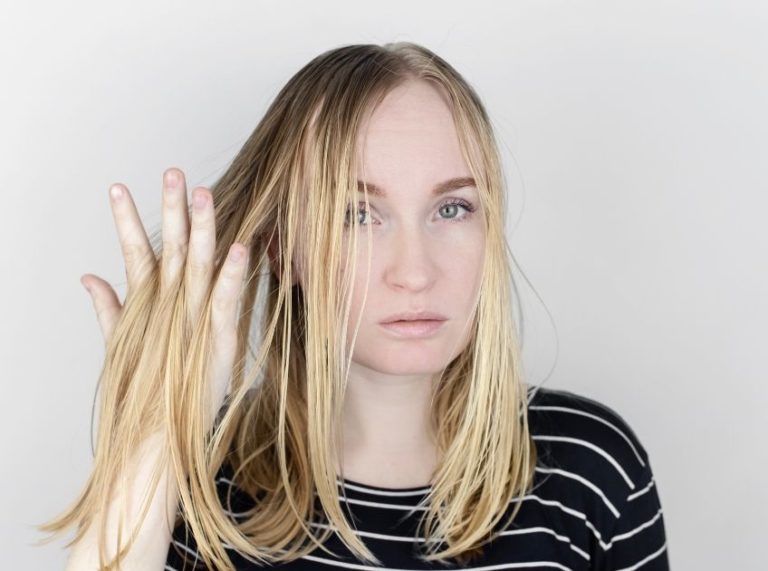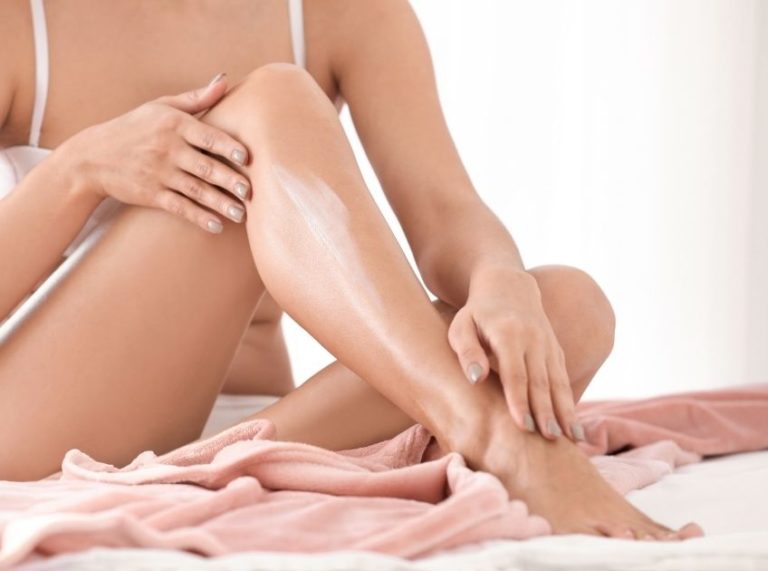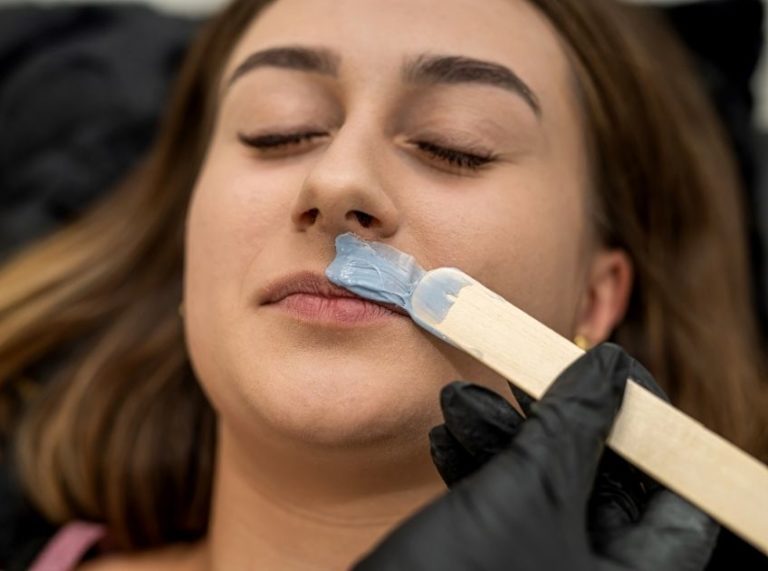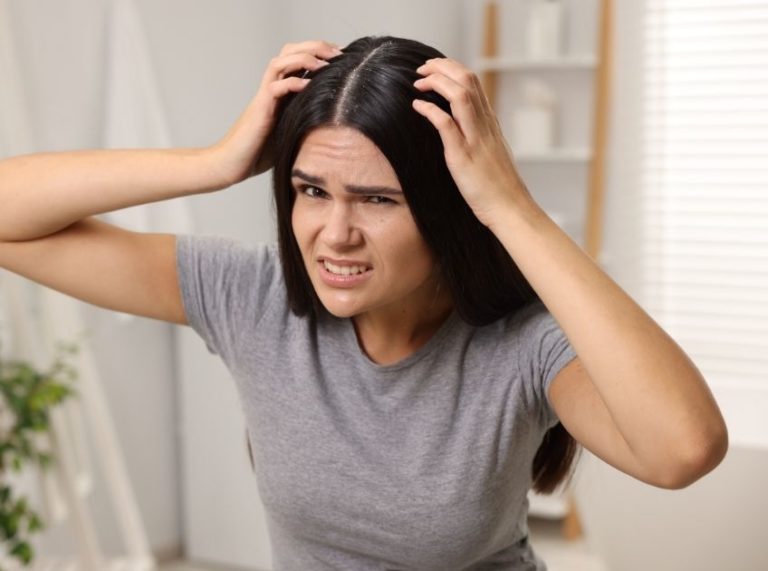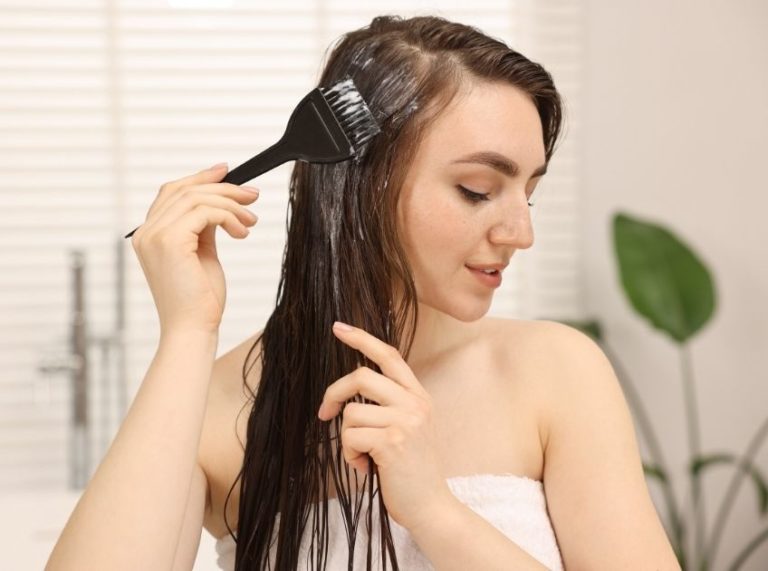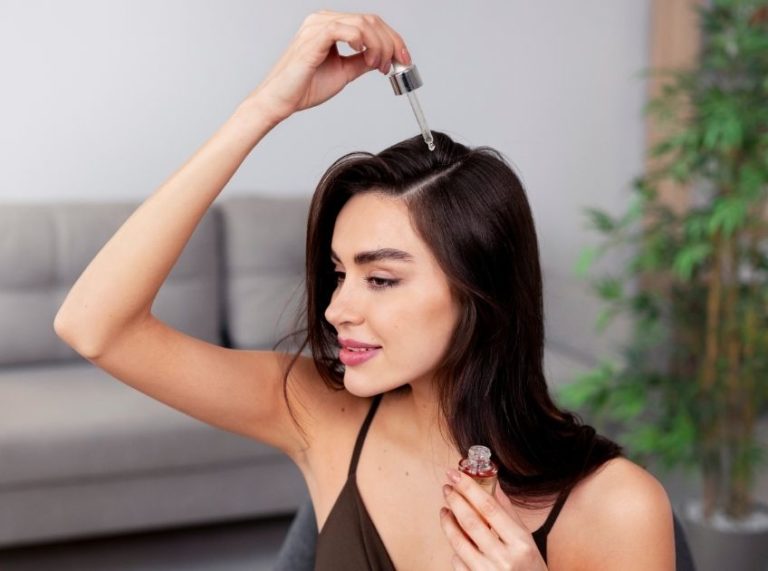
Important: This article is for informational purposes only. Please read our full disclaimer for more details.
Healthy, thick hair doesn’t just come from good shampoo—it starts from within. Your hair follicles require a steady supply of nutrients to grow strong and resilient. When your diet lacks essential vitamins, minerals, or amino acids, hair can become thin, weak, or fall out prematurely.
Hair growth supplements are designed to fill these nutritional gaps, providing your scalp with the building blocks it needs to produce keratin (the protein that makes up your hair). Recent studies have shown that targeted supplementation can improve hair density, reduce shedding, and even stimulate regrowth in certain cases. Let’s explore seven of the most effective, science-backed supplements for stronger, fuller hair.
7 Scientifically Proven Hair Growth Supplements to Try
1. Biotin – The Classic Hair Vitamin
Biotin (vitamin B7) plays a crucial role in keratin production and is one of the most popular supplements for hair growth. It helps strengthen hair strands, prevent breakage, and support scalp health.
Scientific evidence: A study in the Journal of Clinical and Aesthetic Dermatology found that women taking biotin supplements for 90 days saw significant improvements in hair volume and scalp coverage (1).
Recommended intake: 2,500–5,000 mcg daily, unless otherwise prescribed.
2. Vitamin D – The Follicle Activator
Low vitamin D levels have been linked to hair thinning and conditions like alopecia areata. Vitamin D supports the creation of new hair follicles and helps maintain healthy hair cycles.
Research insight: A 2019 review in the International Journal of Molecular Sciences highlighted that vitamin D deficiency may lead to reduced follicle activity and hair loss (2).
Tip: Get 15–20 minutes of sunlight daily or take a D3 supplement, especially during winter months.
3. Iron – The Oxygen Carrier for Your Scalp
Iron deficiency is a leading cause of hair loss, especially in women. Iron helps deliver oxygen to hair roots, promoting healthy growth and preventing premature shedding.
Study support: The Journal of Korean Medical Science found that women with low ferritin (a marker of iron stores) had a much higher risk of chronic hair loss (3).
Best sources: Combine iron supplements with vitamin C to improve absorption.
4. Zinc – The Growth and Repair Mineral
Zinc is vital for tissue growth, cell repair, and maintaining the oil glands around hair follicles. Deficiency can cause slow hair growth and even hair thinning.
Evidence: Research published in Annals of Dermatology showed that people with hair loss often had significantly lower zinc levels than those without (4).
Tip: Take zinc supplements with food to avoid stomach discomfort.
5. Collagen – The Building Block for Stronger Hair
Collagen supports scalp elasticity, strengthens hair roots, and provides amino acids used in keratin formation. It also helps reduce follicle damage caused by oxidative stress.
Scientific backing: A 2022 Nutrients study found that daily collagen peptide supplementation increased hair thickness and overall scalp hydration (5).
How to take: 5–10 grams of collagen peptides daily, mixed into smoothies or coffee.
6. Omega-3 Fatty Acids – The Anti-Inflammatory Nourisher
Omega-3s (found in fish oil and flaxseed oil) help reduce scalp inflammation and boost circulation, delivering nutrients to hair follicles. They also help regulate hormones that influence hair growth.
Study insight: A 2015 Journal of Cosmetic Dermatology study showed that women taking omega-3 and omega-6 supplements experienced denser hair and fewer shedding episodes after six months (6).
Tip: Opt for high-quality fish oil or vegan algal oil supplements for the best results.
7. Saw Palmetto – The Natural DHT Blocker
Saw palmetto is an herbal supplement that may help prevent hair loss by blocking DHT (dihydrotestosterone), a hormone linked to androgenic alopecia (pattern baldness).
Research-backed: A 2012 study in the Journal of Alternative and Complementary Medicine found that 60% of men who took saw palmetto experienced improved hair growth compared to a placebo (7).
Ideal for: Both men and women dealing with hormonal hair thinning.
When Hair Loss Signals Something More: Underlying Causes to Know
Hair loss can result from more than just nutrient deficiencies. It’s often a sign of an underlying condition that disrupts the hair growth cycle. Common causes include:
- Hormonal imbalances (thyroid issues, PCOS, menopause)
- Iron or vitamin D deficiency
- Stress and cortisol spikes
- Poor diet or crash dieting
- Genetic predisposition (androgenic alopecia)
- Autoimmune disorders such as alopecia areata
Identifying the root cause is essential. Supplements work best when paired with a balanced diet and medical evaluation to address deeper imbalances.
Effective Treatments That Complement Supplements
While supplements can improve nutrient status, pairing them with the right treatments enhances results. Some proven approaches include:
- Topical Minoxidil: Encourages dormant follicles to regrow hair and thicken existing strands.
- Platelet-Rich Plasma (PRP) Therapy: Uses growth factors from your own blood to stimulate follicle repair.
- Low-Level Laser Therapy (LLLT): Boosts circulation and cellular energy in scalp tissues.
- Balanced Diet: Include protein, iron, zinc, and healthy fats in every meal.
- Scalp Care: Regular scalp massages improve blood flow and nutrient delivery to follicles.
These treatments, when combined with targeted supplementation, create an inside-out approach to lasting hair growth.
Frequently Asked Questions (FAQ’S)
1. How long does it take for hair growth supplements to show results?
A. Most people notice visible improvements in 3–6 months. Hair grows slowly, so consistent use and a nutrient-rich diet are key for results.
2. Can supplements cause side effects?
A. Generally, hair supplements are safe when taken at recommended doses. However, excessive intake of certain vitamins (like vitamin A or zinc) can cause adverse effects. Always consult a healthcare provider before starting new supplements.
3. Are these supplements suitable for both men and women?
A. Yes. Most supplements—like biotin, vitamin D, and omega-3s—are beneficial for both genders. However, saw palmetto and DHT blockers may be more effective for hormone-related hair loss.
The path to healthy, luscious hair begins at the root—literally and nutritionally. Supplements like biotin, iron, vitamin D, and collagen can help strengthen follicles, reduce breakage, and stimulate new growth when used consistently and responsibly. Combined with a wholesome diet, good scalp care, and stress management, they offer a holistic approach to restoring confidence and vitality through better hair health.
